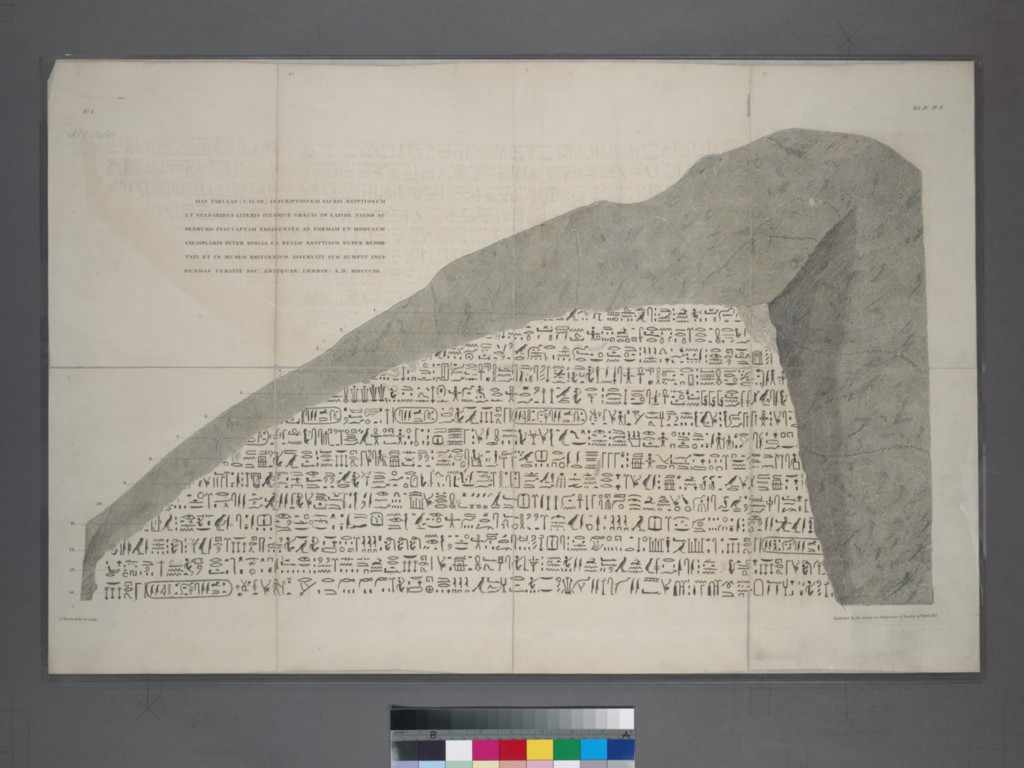Everybody Loves Translation
Books that were written in other languages are usually not about the same boring-ass things that a lot of writers (you know where they’re from) go on about in English.

Translation is definitely having a moment. There’s the Tim Parks stuff in the New York Review of Books, and Liesl Schillinger’s series in the Los Angeles Review of Books and now this, from Rachel Cooke:
[T]ranslation is more important than ever — for suddenly, foreign literature seems finally to be finding its place in Britain, an island where it has previously struggled to attract substantial numbers of readers. How did this happen? It’s hard to say, but perhaps it began, thinking back, with the Scandinavian crime sagas — by Stieg Larsson, Henning Mankell, Jo Nesbø et al — that we all began gobbling up in increasingly vast quantities around the turn of the century. Then there was Karl Ove Knausgaard’s confessional series of novels, My Struggle, translated from the Norwegian by Don Bartlett, and a strange new addiction for many (the first volume came out in 2009). Finally, and most gloriously, there was Elena Ferrante. This time last year, Ferrante was everywhere. Every single book-loving friend of mine had either read her, or was just about to.
Cooke chats with Edith Grossman, Ann Goldstein and Don Bartlett, among other practitioners in the field right now. It is worth reading if you’re interested. It’s certainly nice to read something about books where you’re not just like, ugh, again with Brooklyn? Although maybe if you translated Brooklyn in another language it would be marginally less irritating to read about. I would learn another language if that were so. Sorry, I got distracted by how fucking terrible every book about Brooklyn is. My point was read this.
